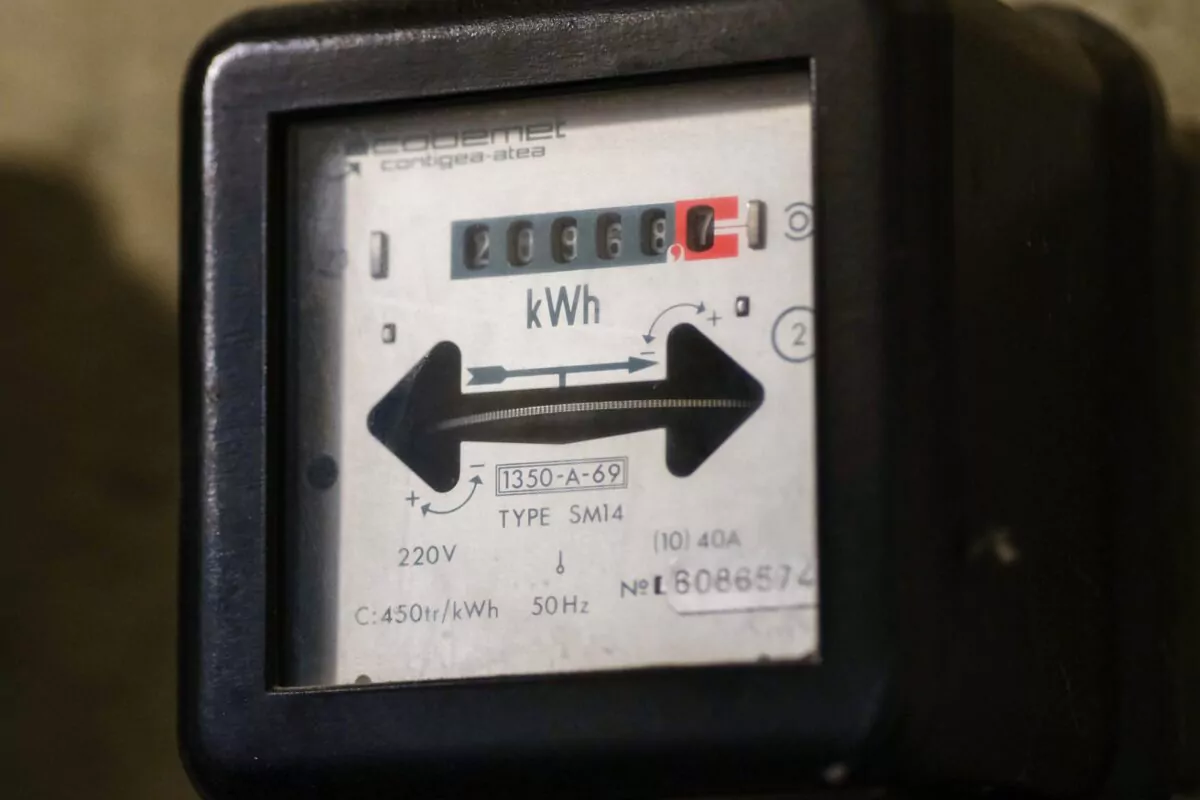In the context of rising energy prices and the worrying consequences for consumers and industry, the European Parliament, the Council and the European Commission are discussing on Wednesday possible options to tackle the crisis.
Urmărește mai jos producțiile video ale Economedia:
- articolul continuă mai jos -
On Wednesday morning, MEPs hear from the European Commission and the Council on possible European solutions to rising energy prices as gas prices rise due to high demand and low stocks in Member States. The debate will focus on the role of energy efficiency measures and renewable energy in this context, as well as the need to combat energy poverty.
The European Commission has already said that revenues from the EU Emissions Trading Scheme (ETS) could be used by Member States to mitigate the impact of rising prices, in particular their societal consequences. The EU is also working on setting up a social fund in this context as part of the new climate package announced on 14 July.
EU energy commissioner Kadri Simson said EU countries have enough gas stocks to get through the winter, but rising prices show the need to move quickly to renewables and reform the EU gas market.
“Underground gas stocks exceed 75% across Europe. This level is lower than the average of the last ten years, but it is adequate to cover the needs of the winter season,” she told the European Parliament debate.
The energy commissioner said she would propose a reform of the gas market by the end of the year, and would look at storage and security of supply issues.
One idea, proposed by Spain, is for the EU to buy gas jointly to harness the power of the single market of 450 million consumers and create a strategic EU gas reserve. Simson said joint purchasing and storage are worth looking at.
The commissioner said that while the long-term answer to rising gas prices is to increase production from renewable sources, in the short term EU governments could provide targeted support to consumers through direct payments to those most at risk of fuel poverty, energy tax cuts and state aid to companies.
To help citizens, governments could use some of the money from the sale of carbon certificates in the emissions trading scheme, she said. At the same time, competition authorities must reduce speculation in energy markets and protect consumers, including from disconnection, the commissioner added.
The Commission will next week present a list of measures under EU law, a toolbox, the commissioner said.
“Europe needs to respond with swift coordinated action at member state level, by harnessing the power of its single market and increasing its preparedness for the coming crisis,” Simson said.
“We must respond together. We must also remain aware of the importance of energy geopolitics and develop a more strategic approach to external energy policy,” she said.
A Council representative said the toolkit would consider measures at both European and national level.
Romanian MEP Siegfried Mureșan, for the Group of the European People’s Party (Christian Democrats), said we need to identify whether there has been market manipulation in Europe in recent weeks and we need to make sure that no state manipulates and influences the price.

 Sursa foto: Parlamentul European
Sursa foto: Parlamentul European





























